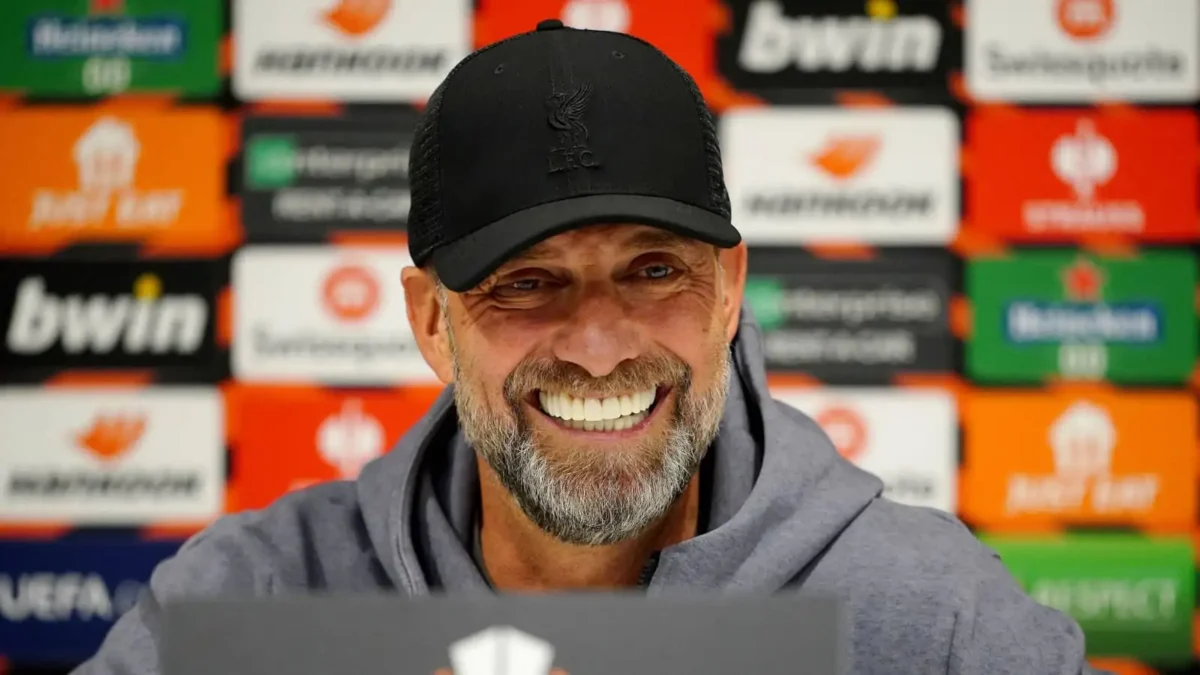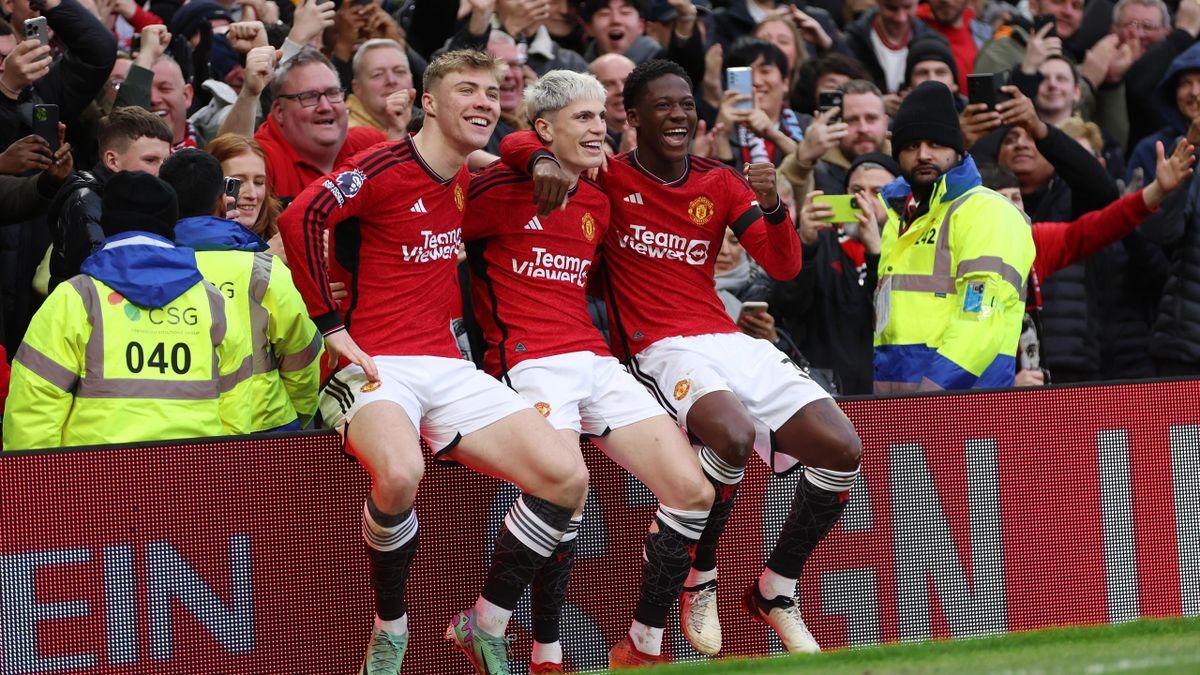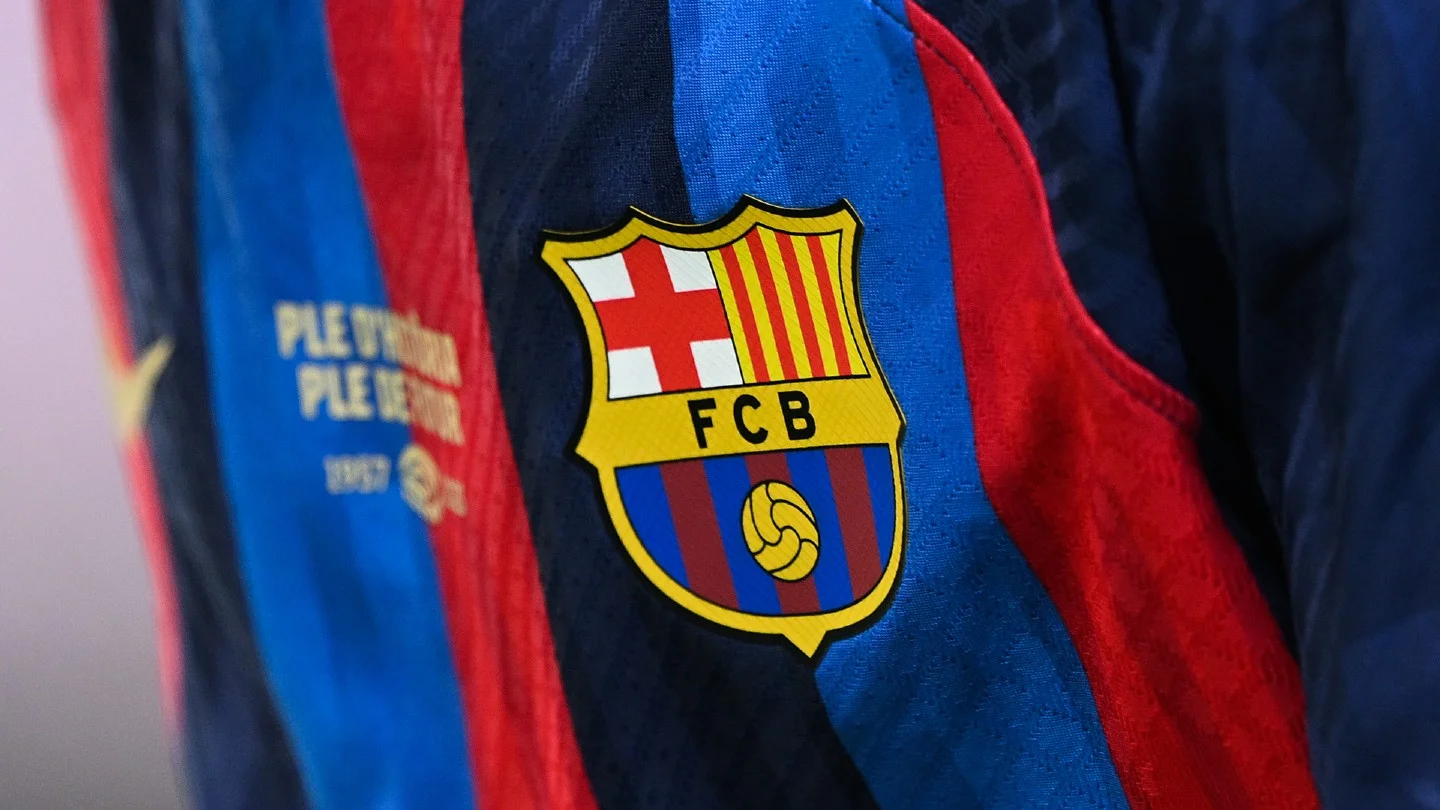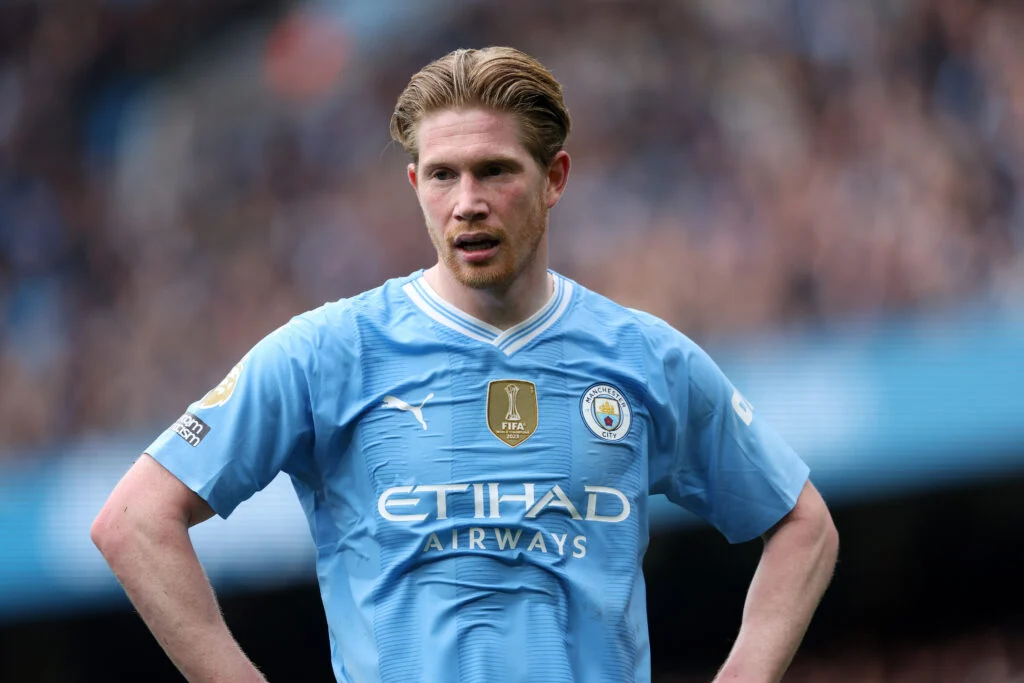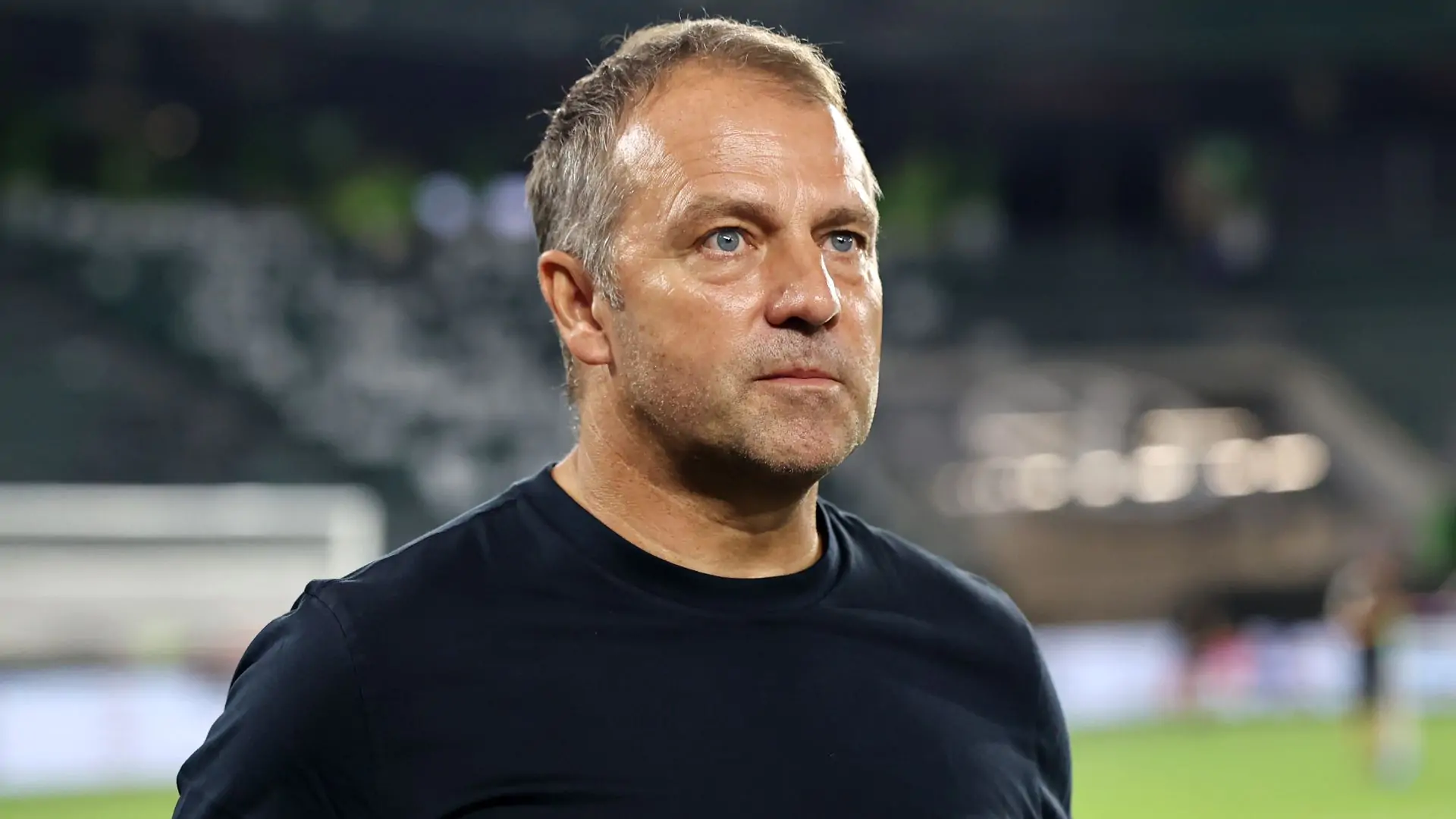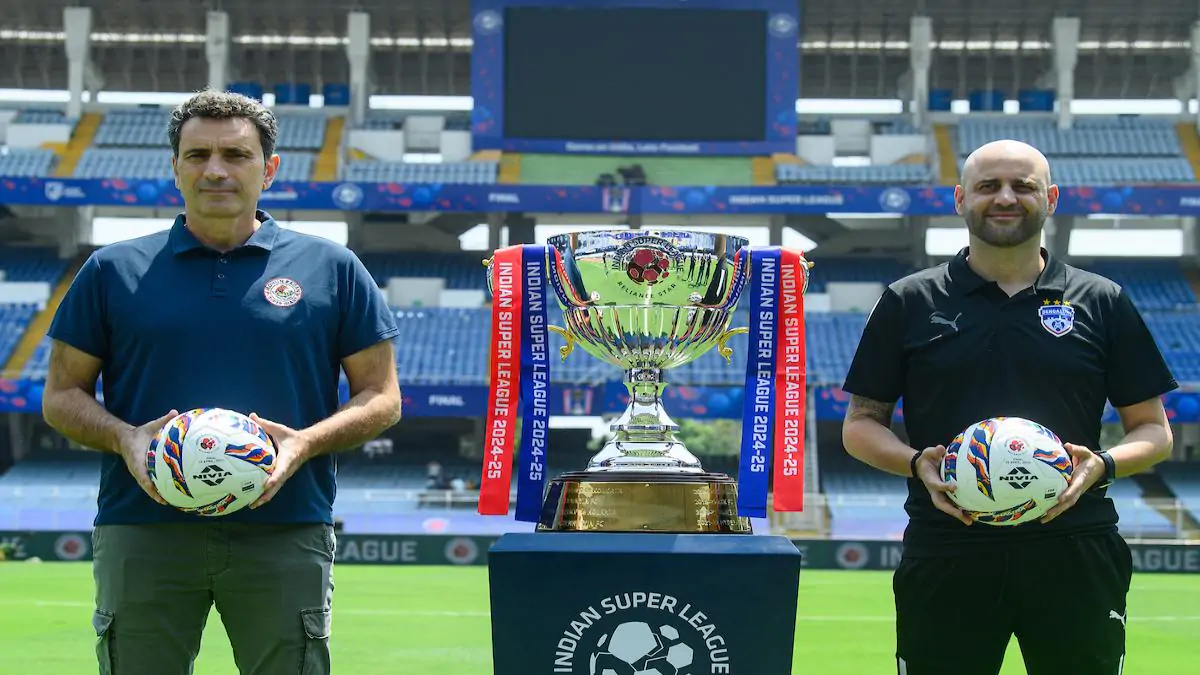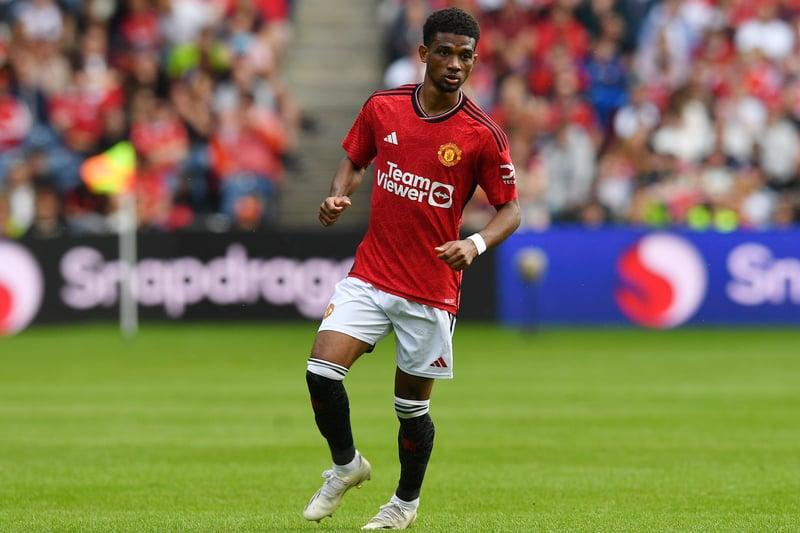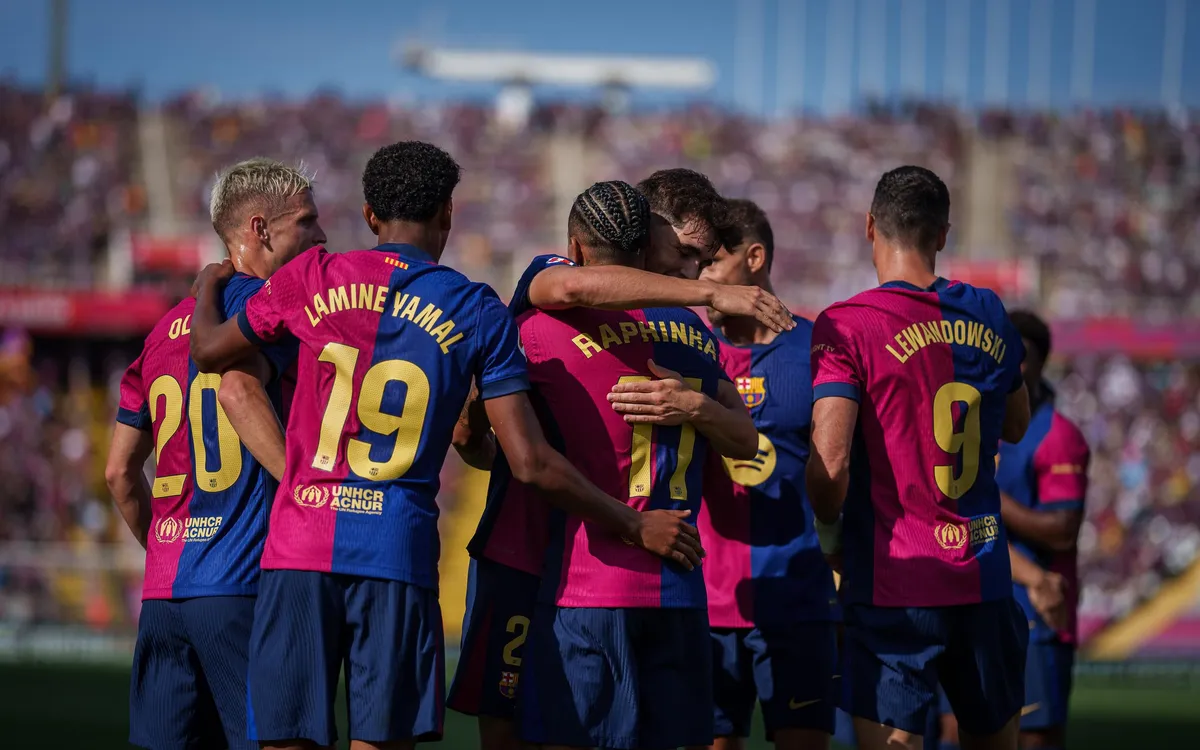Dortmund supporters express outrage at Jurgen Klopp’s Red Bull role.
When one of German football’s most revered characters, Jurgen Klopp, revealed he was joining Red Bull as Head of Global Soccer, the football community was taken aback. The choice of Klopp, who is highly regarded throughout Europe, was a public relations coup for the massive Austrian energy drink company, which is well-known for its contentious multi-club ownership structure. Beginning in January, Klopp will be in charge of all football-related activities for the Red Bull organization, which includes teams like Red Bull Salzburg and RB Leipzig.
But the decision has not gone down well, especially with Borussia Dortmund fans, who used to look up to Klopp for his enthusiasm and leadership when he was a member of the team. Given Klopp’s earlier critiques of clubs like Leipzig—which he previously denounced as being more like marketing machines than like traditional football clubs—many feel betrayed.
Red Bull’s Football Empire Is Growing
With clubs throughout Europe and beyond, Red Bull has grown to be a significant force in the world of football. They acquired German fifth-division team SSV Markranstädt in 2009, renamed it RB Leipzig, and swiftly promoted it to the Bundesliga. Currently, Red Bull’s football empire is spread over several continents, including the United States, Brazil, Austria, and England, where it just invested in Leeds United.
Because of Germany’s special 50+1 ownership regulation, RB Leipzig has caused controversy despite Red Bull’s influence. German clubs must be majority-owned by members, or supporters, according to the rule. With this agreement, their voice is guaranteed when it comes to important choices like ticket prices. Critics counter that RB Leipzig violated the letter of the law by restricting voting to only 17 people, many of whom have a close relationship with Red Bull.
Leipzig, which complies with league requirements by officially being called RasenBallsport Leipzig, has been mockingly labeled the “most hated club in Germany.” Opposition supporters frequently skip games in protest of the team or, as demonstrated in a 2017 incident involving Dortmund fans, even turn to violent altercations.
Reactions to Klopp’s Return to German Football Are Divided
Klopp has a longstanding relationship with Borussia Dortmund. He was the team’s dynamic leader from 2008 to 2015, leading them to two Bundesliga championships and a Champions League final. The Dortmund supporters have regarded him as almost legendary since his departure. That is why many have been astonished by his support of Red Bull. Both regular supporters and Dortmund’s ultras have vented their fury on social media, with some accusing him of being hypocritical.
“I’m a football romantic and I like tradition in football and all that stuff,” Klopp said in 2017, expressing his distaste of the multi-club concept. Only Mainz and Dortmund are the two German teams that perform “You’ll Never Walk Alone” prior to a game. Now, he is being haunted by his condemnation of teams like Leipzig as “tinpot clubs,” created purely for commercial gain. How much can one ruin their name in a matter of seconds? said a Dortmund supporter on X. One person considered the positive aspects of Klopp’s exit, pointing out that it might finally help Dortmund supporters get over their “nostalgic moaning” about his tenure.
German publication Bild’s head of football, Christian Falk, recently offered his thoughts on Klopp’s contentious choice on the BBC’s Euro Leagues podcast. He disclosed that Klopp had been contemplating the transfer for several months, characterizing the circumstances as difficult for Dortmund supporters to embrace. Falk claims that Klopp was first hesitant, concerned about the reaction to his choice. In the end, though, he believed that working for Red Bull would provide him with a break from the demanding grind of managing a club.
Falk said, “He won’t have to watch football every day,” alluding to Klopp’s new, less demanding position. Falk acknowledged that the decision has spurred discussion on whether or not Klopp has “sold his soul” throughout Germany, but he also acknowledged the German people’s unwavering devotion to Klopp, saying, “By the end, after say a month or so, it will die down.” Because of the adoration this nation has for Jurgen Klopp, he is practically unstoppable.
Dortmund has made a name for itself as the defenders of classic German football ideals. The club’s administration has frequently expressed how unhappy it is with the emergence of clubs that they see as businesses rather than locally supported, community-driven teams. When it came to Klopp’s employment at Red Bull, Dortmund CEO Hans-Joachim Watzke, who collaborated closely with the coach throughout some of the team’s most prosperous seasons, adopted a more accommodating stance. He said, “I wish Jurgen, as essentially always, to be lucky in his new job,” admitting that he had spoken with Klopp about the decision and was not shocked by it.
Many in the German football community had anticipated that Klopp would eventually lead the national team. There is talk that Klopp would run for manager of Germany in the future, possibly following the 2026 World Cup, given that Julian Nagelsmann is now in that position. Legendary German football player Lothar Matthäus expressed his hope that Klopp won’t always be a backstage guy. “Jurgen Klopp is very big, and I think Red Bull thinks big.” It all makes sense,” Matthäus remarked. “There will be adjustments because the corporation will fully support him. Then, we’ll have to wait and see, but let’s hope that he might make a comeback to the coaching bench in the upcoming years.
It’s unclear how Klopp’s new position will affect his legacy as he sets out on his Red Bull journey, especially among Dortmund supporters. Some people’s displeasure is evident, and their sense of betrayal is reflected in allegations of hypocrisy and “selling out.” On the other hand, some have adopted a more practical stance. As he joins a company that is well-known for producing energy drinks, Klopp’s statement that he was “running out of energy” when he left Liverpool earlier this year suddenly has a note of irony.
In spite of the criticism, Klopp has made sure he has a plan for leaving Red Bull in the event that he decides to go back to coaching. Klopp’s move to Red Bull could be interpreted differently if the German national team makes a move, perhaps as a way for him to rest up before his next major undertaking. Due to his charm and tactical skill, Klopp has long been a sought-after figure in German football, and even those who now criticize his decision would probably be happy to see him return to management.
Now, nine years after he began leading Liverpool, Klopp embarks on a whole new chapter that begs the concerns of how tradition, commercialization, and individual ambition interact. It’s possible that Klopp will resume coaching in the future, either in Germany or somewhere else. For the time being, though, his partnership with Red Bull signifies an intriguing—if contentious—progression in the life of one of football’s most captivating figures.


